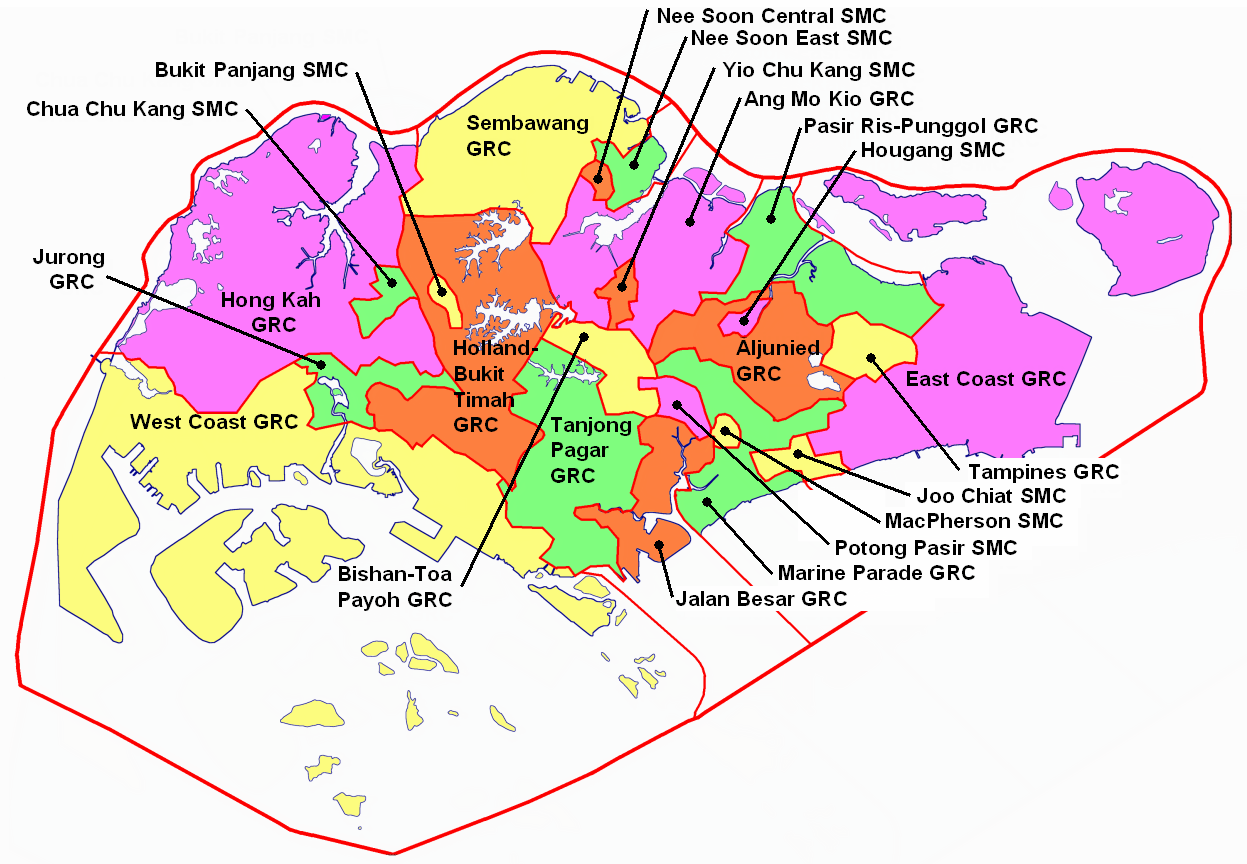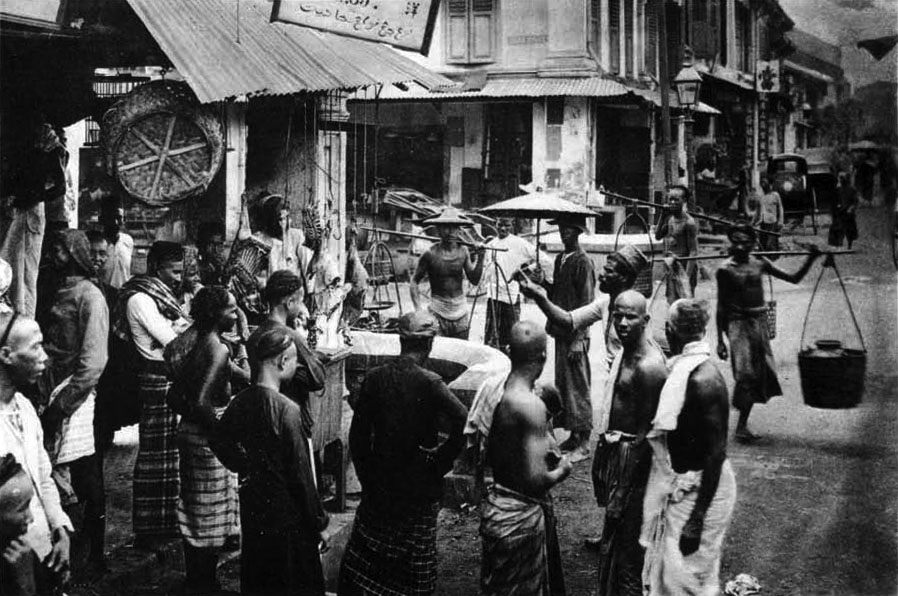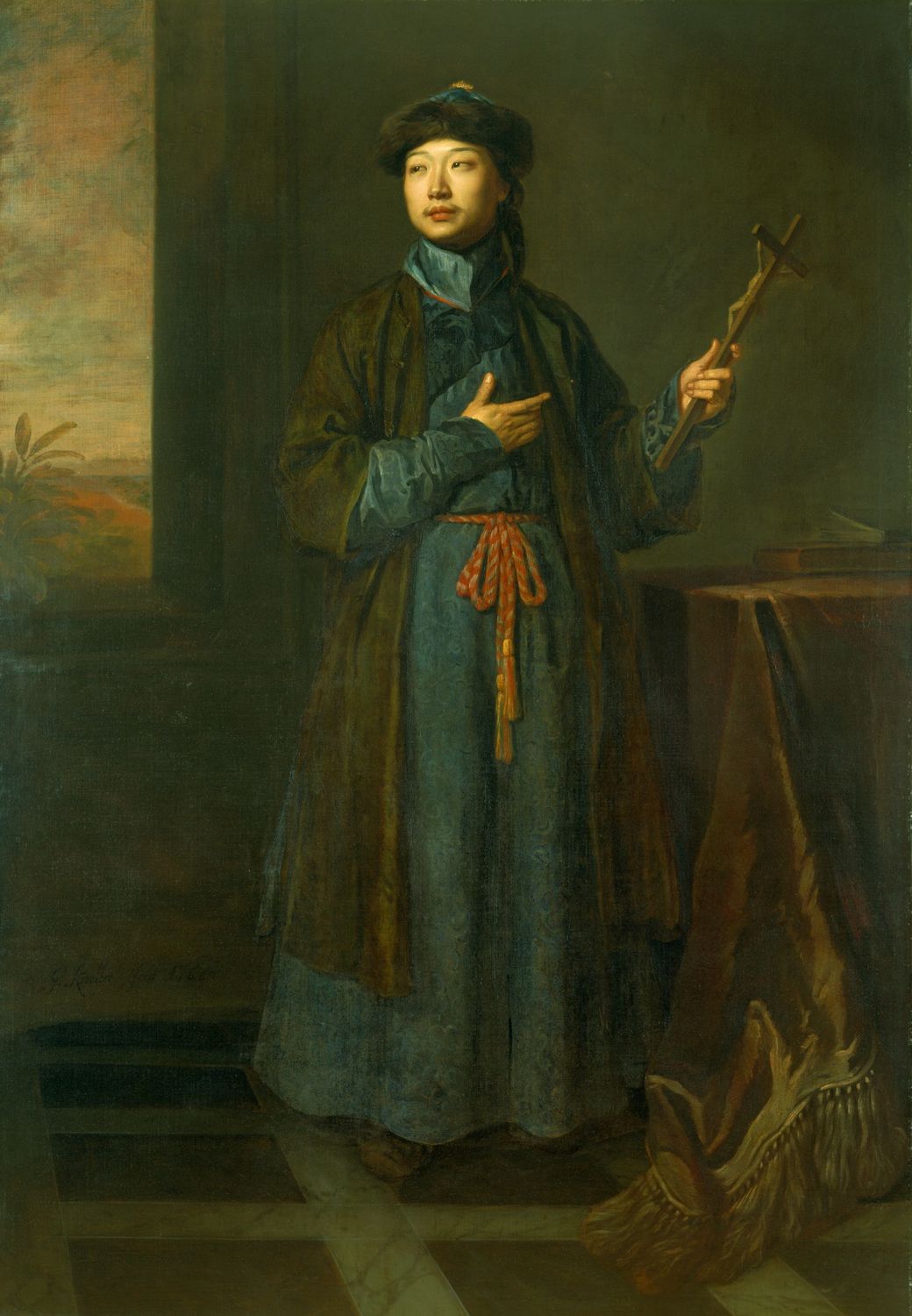|
Yawning Bread
Alex Au Waipang, () also known by his Internet pseudonym as Yawning Bread, is an advocate of LGBT rights in Singapore. Au is a blogger and activist who provides analyses of Singaporean politics, culture, gay issues and miscellaneous subjects on his blog. He is also the co-author of two books, ''People Like Us: Sexual Minorities in Singapore'' and a French-language treatise on homophobia entitled ''L'Homophobie''. He was the owner of ''Rairua'', Singapore's first nude gay sauna. Biography Au, of Cantonese descent, was born in Singapore in 1952. He attended the Anglo-Chinese School for his primary and secondary education and obtained his tertiary degree from the National University of Singapore. After graduation, he worked in a managerial position at a British multinational corporation before branching out on his own as the proprietor of several business catering to the gay community, as well as freelance writing. He was one of the founding members, along with Joseph Lo and Dr. R ... [...More Info...] [...Related Items...] OR: [Wikipedia] [Google] [Baidu] |
Ou (surname)
Ou is the pinyin romanization of the Chinese surnames and , which share a common origin with the compound surname Ouyang (), from the ruling family of the State of Yue during the Spring and Autumn period. They are commonly romanized as Au or Ao in Cantonese. Ou 歐 is listed 361st in the Song dynasty classic text '' Hundred Family Surnames''. As of 2008, Ou 欧 is the 134th most common surname in China, shared by 1.13 million people. Most recently, by using the 2010 China census data and statistical analysis data that included random sampling from Taiwan, Hong Kong and Macau, the Fuxi Culture Research Association ranked the surname / 291st most common in China, shared by around 199,000 people (0.015% of the Chinese population) with the largest concentration of holders in Guangdong province. Distribution Ou was the 27,293th most common surname in the United States during the 1990 census and the 11,845th most common surname during the 2000 census. Au ranked 11,417th and 5,19 ... [...More Info...] [...Related Items...] OR: [Wikipedia] [Google] [Baidu] |
2006 Singaporean General Election
General elections were held in Singapore on 6 May 2006. President S.R. Nathan dissolved parliament on 20 April 2006 on the advice of Prime Minister Lee Hsien Loong three weeks before the election. The People's Action Party (PAP) won 66.6% of the overall votes and gained 82 out of 84 seats. The PAP held the office of Prime Minister for a twelfth consecutive term. The general election was held under the first-past-the-post system. On Nomination Day, the PAP gained 37 seats in divisions which were uncontested by other parties. The main election issues included employment, cost of living, housing, transport, education, the need for an effective opposition voice in parliament, and the quality of the candidates. This election marked the first time since 1988 that total eligible voter population in contested seats as well as voter turnout exceeded 1 million and this figure has not dropped ever since. Background The 2006 General Election was the 15th General Election in Singapore ... [...More Info...] [...Related Items...] OR: [Wikipedia] [Google] [Baidu] |
Singaporean Bloggers
Singaporeans, or the Singaporean people, refers to citizens or people who identify with the sovereign island city-state of Singapore. Singapore is a multi-ethnic, multi-cultural and multi-lingual country. Singaporeans of Chinese, Malay, Indian and Eurasian descent have made up the vast majority of the population since the 19th century. The Singaporean diaspora is also far-reaching worldwide. In 1819, the port of Singapore was established by Sir Stamford Raffles, who opened it to free trade and free immigration on the island's south coast. Many immigrants from the region settled in Singapore. By 1827, the population of the island was composed of people from various ethnic groups. Singapore is a multilingual and multicultural society home to people of groups of many different ethnic, religious and national origins, with the majority of the population made up of Chinese, Malay, Indian and Eurasian descent. The Singaporean identity was fostered as a way for the different ethnic gr ... [...More Info...] [...Related Items...] OR: [Wikipedia] [Google] [Baidu] |
Singaporean Writers
Singaporeans, or the Singaporean people, refers to Singaporean nationality law, citizens or people who identify with the sovereign island city-state of Singapore. Singapore is a multiracialism, multi-ethnic, multiculturalism, multi-cultural and multi-lingual country. Singaporeans of Chinese Singaporeans, Chinese, Malay Singaporeans, Malay, Indian Singaporeans, Indian and Eurasians in Singapore, Eurasian descent have made up the vast majority of the population since the 19th century. The Singaporean diaspora is also far-reaching worldwide. In 1819, the port of Singapore was established by Sir Stamford Raffles, who opened it to free trade and free immigration on the island's south coast. Many immigrants from the region settled in Singapore. By 1827, the population of the island was composed of people from various ethnic groups. Singapore is a multilingual and Multiculturalism, multicultural society home to people of groups of many different ethnic, religious and national origins ... [...More Info...] [...Related Items...] OR: [Wikipedia] [Google] [Baidu] |
Singaporean LGBT Rights Activists
Singaporeans, or the Singaporean people, refers to citizens or people who identify with the sovereign island city-state of Singapore. Singapore is a multi-ethnic, multi-cultural and multi-lingual country. Singaporeans of Chinese, Malay, Indian and Eurasian descent have made up the vast majority of the population since the 19th century. The Singaporean diaspora is also far-reaching worldwide. In 1819, the port of Singapore was established by Sir Stamford Raffles, who opened it to free trade and free immigration on the island's south coast. Many immigrants from the region settled in Singapore. By 1827, the population of the island was composed of people from various ethnic groups. Singapore is a multilingual and multicultural society home to people of groups of many different ethnic, religious and national origins, with the majority of the population made up of Chinese, Malay, Indian and Eurasian descent. The Singaporean identity was fostered as a way for the different e ... [...More Info...] [...Related Items...] OR: [Wikipedia] [Google] [Baidu] |
Gay Writers
This list of LGBT writers includes writers who are lesbian, gay, bisexual or transgender or otherwise non-heterosexual who have written about LGBT themes, elements or about LGBT issues (such as Jonny Frank). Works of these authors are part of LGBT literature. As this list includes writers from antiquity until the present, it is clearly understood that the term "LGBT" may not ideally describe the identity of all authors, particularly for those who wrote before the nineteenth century. In some cases, it is more useful to consider such authors as persons who expressed attractions for persons of the same sex (for example, Sappho or Plato), and avoid the anachronistic use of contemporary labels. Inclusion in this list follows general scholarly and academic norms, specified in references, that attempt to establish a genealogy or history of LGBT literature written by LGBT people. There are many additional non-LGBT authors who have written works on LGBT topics. All new additions to this ... [...More Info...] [...Related Items...] OR: [Wikipedia] [Google] [Baidu] |
Anglo-Chinese School Alumni
British Chinese (also known as Chinese British or Chinese Britons) are people of Chineseparticularly Han Chineseancestry who reside in the United Kingdom, constituting the second-largest group of Overseas Chinese in Western Europe after France. The British Chinese community is thought to be the oldest Chinese community in Western Europe. The first waves of immigrants came between 1842 (the end of the First Opium War) and the 1940s (the end of World War II), largely through treaty ports opened as concessions to the British for the Opium Wars, such as Canton, Tianjin and Shanghai. Some of the early British Chinese were also Eurasians. An estimated 900 Chinese-Eurasian born as result of marriages from Chinese fathers and white mothers of various ethnic backgrounds; the most common being British and Irish. Most British-Chinese of Eurasian origin were concentrated in around the Liverpool area of Chinatown, where there was a growing Chinese-Eurasian community. Many of them had assimi ... [...More Info...] [...Related Items...] OR: [Wikipedia] [Google] [Baidu] |
National University Of Singapore Alumni
National may refer to: Common uses * Nation or country ** Nationality – a ''national'' is a person who is subject to a nation, regardless of whether the person has full rights as a citizen Places in the United States * National, Maryland, census-designated place * National, Nevada, ghost town * National, Utah, ghost town * National, West Virginia, unincorporated community Commerce * National (brand), a brand name of electronic goods from Panasonic * National Benzole (or simply known as National), former petrol station chain in the UK, merged with BP * National Car Rental, an American rental car company * National Energy Systems, a former name of Eco Marine Power * National Entertainment Commission, a former name of the Media Rating Council * National Motor Vehicle Company, Indianapolis, Indiana, USA 1900-1924 * National Supermarkets, a defunct American grocery store chain * National String Instrument Corporation, a guitar company formed to manufacture the first reso ... [...More Info...] [...Related Items...] OR: [Wikipedia] [Google] [Baidu] |
Singaporean People Of Cantonese Descent
Singaporeans, or the Singaporean people, refers to citizens or people who identify with the sovereign island city-state of Singapore. Singapore is a multi-ethnic, multi-cultural and multi-lingual country. Singaporeans of Chinese, Malay, Indian and Eurasian descent have made up the vast majority of the population since the 19th century. The Singaporean diaspora is also far-reaching worldwide. In 1819, the port of Singapore was established by Sir Stamford Raffles, who opened it to free trade and free immigration on the island's south coast. Many immigrants from the region settled in Singapore. By 1827, the population of the island was composed of people from various ethnic groups. Singapore is a multilingual and multicultural society home to people of groups of many different ethnic, religious and national origins, with the majority of the population made up of Chinese, Malay, Indian and Eurasian descent. The Singaporean identity was fostered as a way for the different ethn ... [...More Info...] [...Related Items...] OR: [Wikipedia] [Google] [Baidu] |
Living People
Related categories * :Year of birth missing (living people) / :Year of birth unknown * :Date of birth missing (living people) / :Date of birth unknown * :Place of birth missing (living people) / :Place of birth unknown * :Year of death missing / :Year of death unknown * :Date of death missing / :Date of death unknown * :Place of death missing / :Place of death unknown * :Missing middle or first names See also * :Dead people * :Template:L, which generates this category or death years, and birth year and sort keys. : {{DEFAULTSORT:Living people 21st-century people People by status ... [...More Info...] [...Related Items...] OR: [Wikipedia] [Google] [Baidu] |
1952 Births
Year 195 ( CXCV) was a common year starting on Wednesday (link will display the full calendar) of the Julian calendar. At the time, it was known as the Year of the Consulship of Scrapula and Clemens (or, less frequently, year 948 ''Ab urbe condita ''Ab urbe condita'' ( 'from the founding of the City'), or ''anno urbis conditae'' (; 'in the year since the city's founding'), abbreviated as AUC or AVC, expresses a date in years since 753 BC, the traditional founding of Rome. It is an exp ...''). The denomination 195 for this year has been used since the early medieval period, when the Anno Domini calendar era became the prevalent method in Europe for naming years. Events By place Roman Empire * Emperor Septimius Severus has the Roman Senate deify the previous emperor Commodus, in an attempt to gain favor with the family of Marcus Aurelius. * King Vologases V of Parthia, Vologases V and other eastern princes support the claims of Pescennius Niger. The Roman provin ... [...More Info...] [...Related Items...] OR: [Wikipedia] [Google] [Baidu] |




